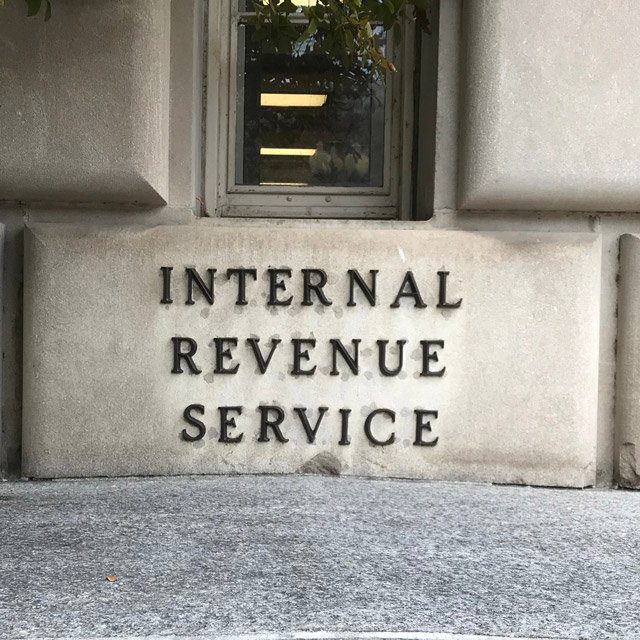IRS Clarifies Secure Act's 'One Bad Apple' Workaround for MEPs

What You Need to Know
The qualified status of the entire MEP need not be jeopardized by one participating employer’s failures.
The assets of the failing employer’s workers will be transferred to a plan maintained only by that employer (or successor).
Non-qualifying employers receiving a final notice have two options: Take remedial action, or initiate a spinoff within 60 days of the notice.
More than two years after the Setting Every Community Up for Retirement Enhancement (Secure) Act was signed into law, the IRS has acted to provide proposed regulations implementing the changes made to multiple employer plans (MEPs).
The Secure Act offered a route to escape application of the “one bad apple rule” for employers that participate in an MEP. If certain requirements are met, the qualified status of the entire MEP won’t be jeopardized by the qualification failures of a single participating employer.
Now, the IRS has offered guidance interpreting the requirements that apply in order to take advantage of the exception to the unified plan rule — and employers that are interested in MEPs should take note of the new requirements that will likely apply going forward.
MEPs and the One Bad Apple Rule
The Secure Act fundamentally changed the nature of MEPs by removing the common nexus requirement. The common nexus requirement restricted the MEP option to small-business employers with a relatively strong connection — whether operating in the same industry or same geographic location. Although final regulations had previously relaxed this rule, the Secure Act went even further.
Under the Secure Act, even employers that do not operate in the same industry or in the same location can join together in an “open MEP” that can be administered by a pooled plan provider (generally, a financial services firm).
Employers, however, have often been wary of the “one bad apple rule” that could jeopardize the entire MEP in some cases. Under the one bad apple rule, the entire MEP could be disqualified based on the actions of only one employer that participated in the plan — based on the assumption that the MEP is to be treated as a single unified plan.
The Secure Act provides that if one employer’s actions would disqualify the plan, only that employer’s portion of the MEP will be disqualified. Under the new rules, in the case of one participating employer’s failure to act in accordance with the qualification rules:
(1) The assets of the plan attributable to employees of the employer will be transferred to a plan maintained only by that employer (or successor), to an eligible retirement plan under Section 402(c)(8)(B) for each person whose account is transferred (unless the Treasury determines that it is in the best interests of the participant for the assets to remain in the plan), and (2) the employer (and not the plan in which the failure occurred) will be held liable for any liabilities with respect to such plan attributable to the employees of the employer.






